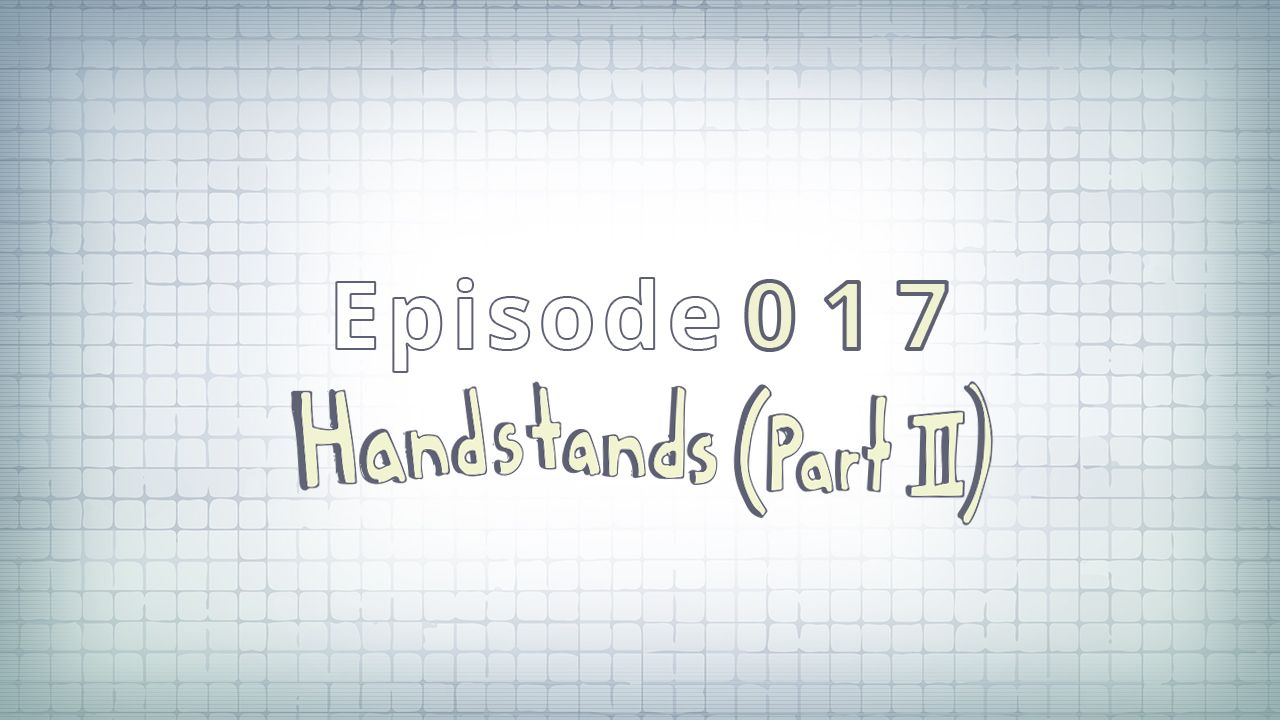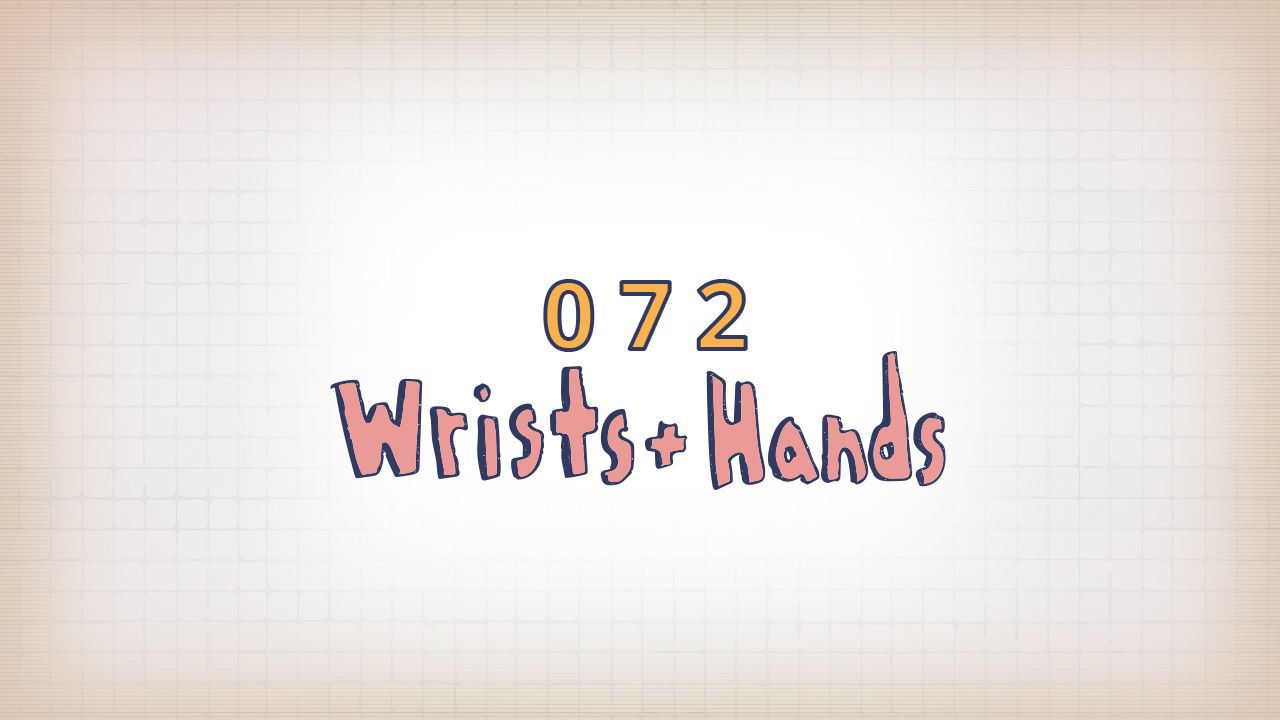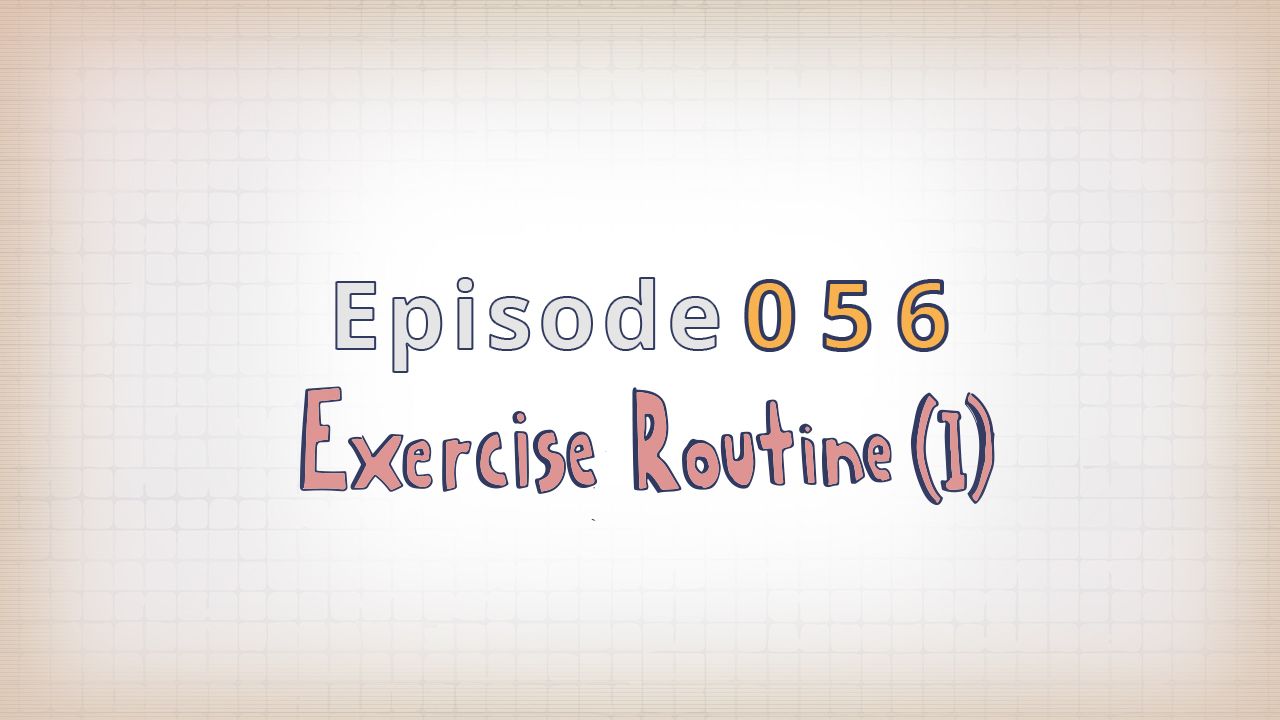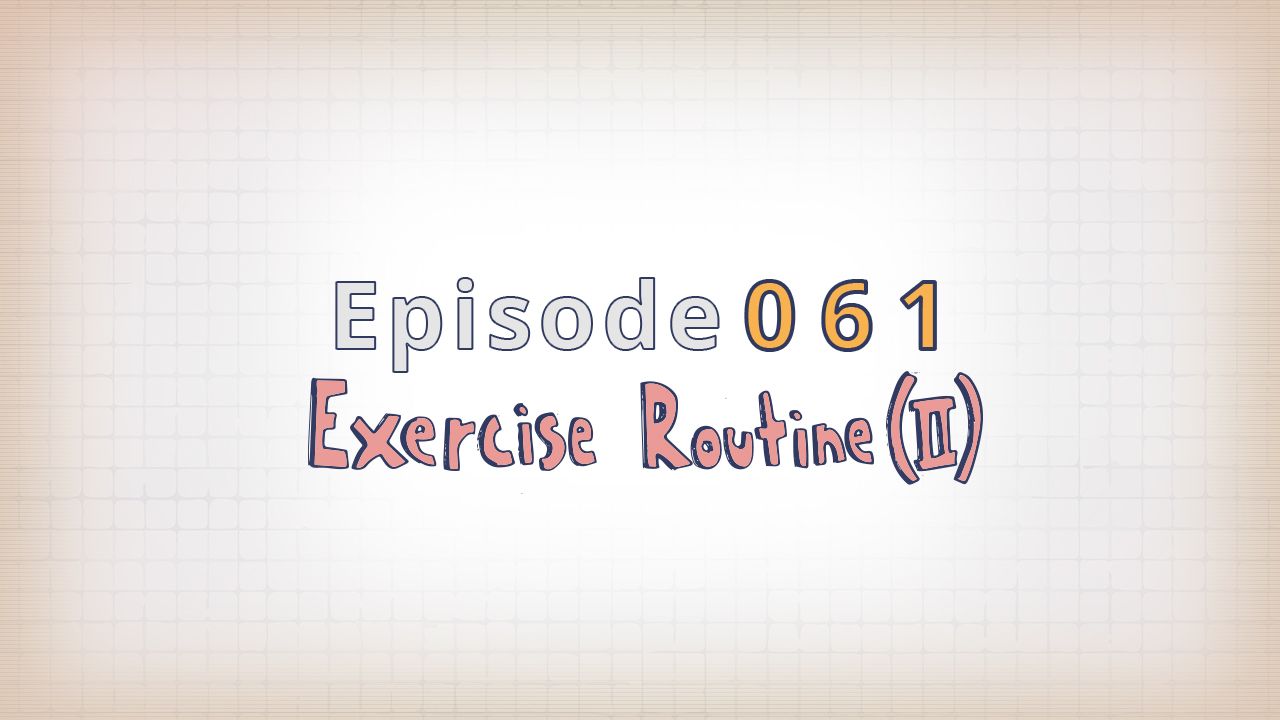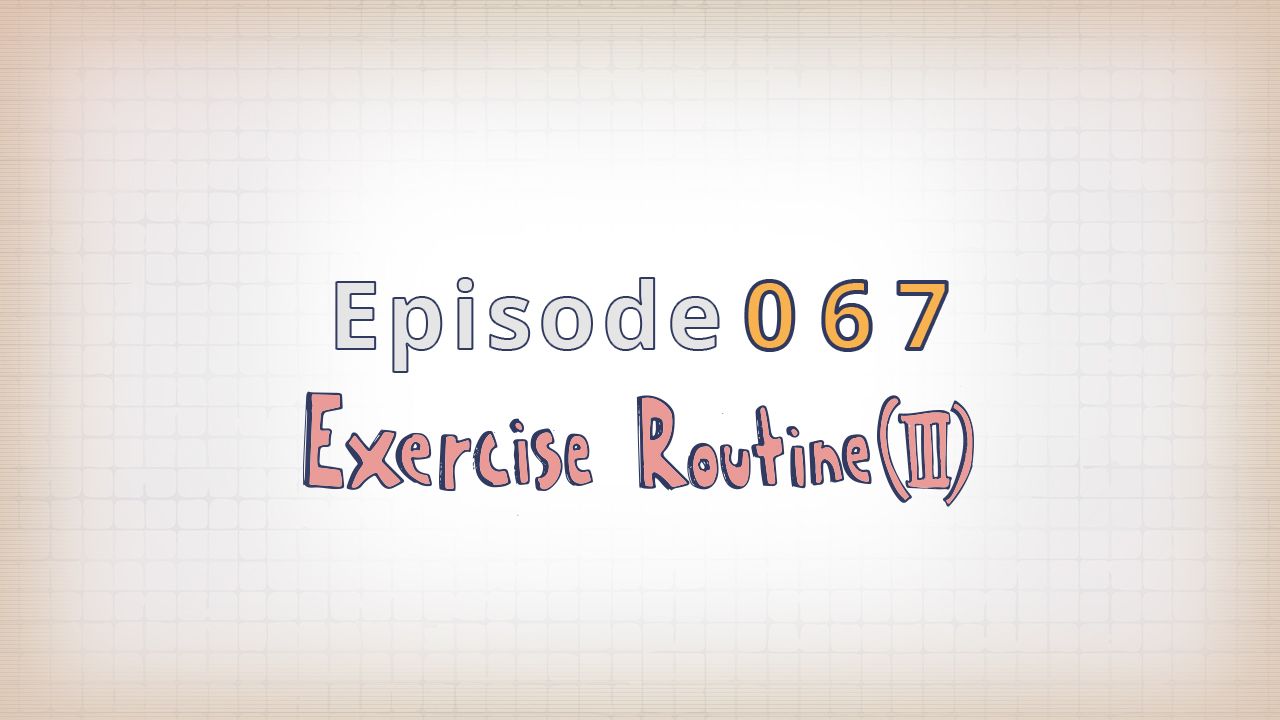013: Handstands (Part I)
An introduction to handbalancing.
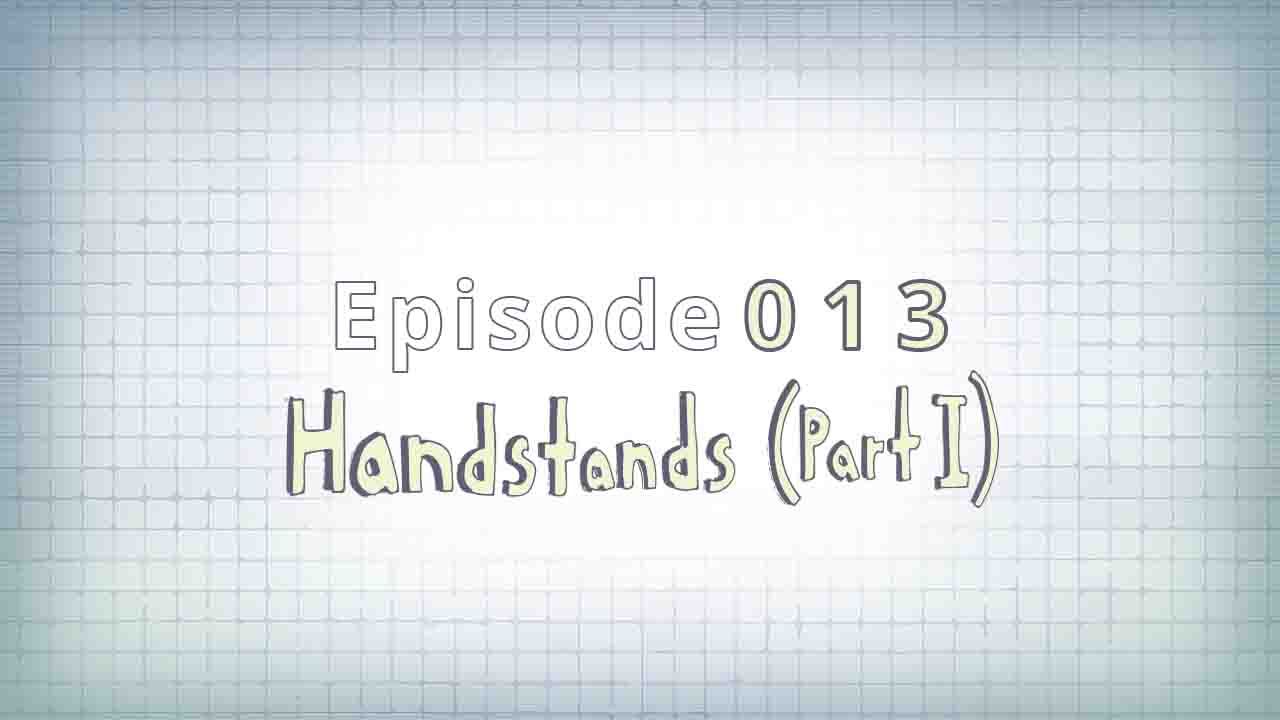
Handbalancing is a fun and challenging practice.
Kids naturally hang upside-down. So do our primate relatives 🐵. Is it curiosity? Play? Training for the vestibular system? I'm not sure.
I think we have some natural instinct to go upside-down.



Benefits :
- Strength: Balance, alignment, and power
- Portability: Zero equipment needed
- Always-evolving: Never perfect, or ‘complete’
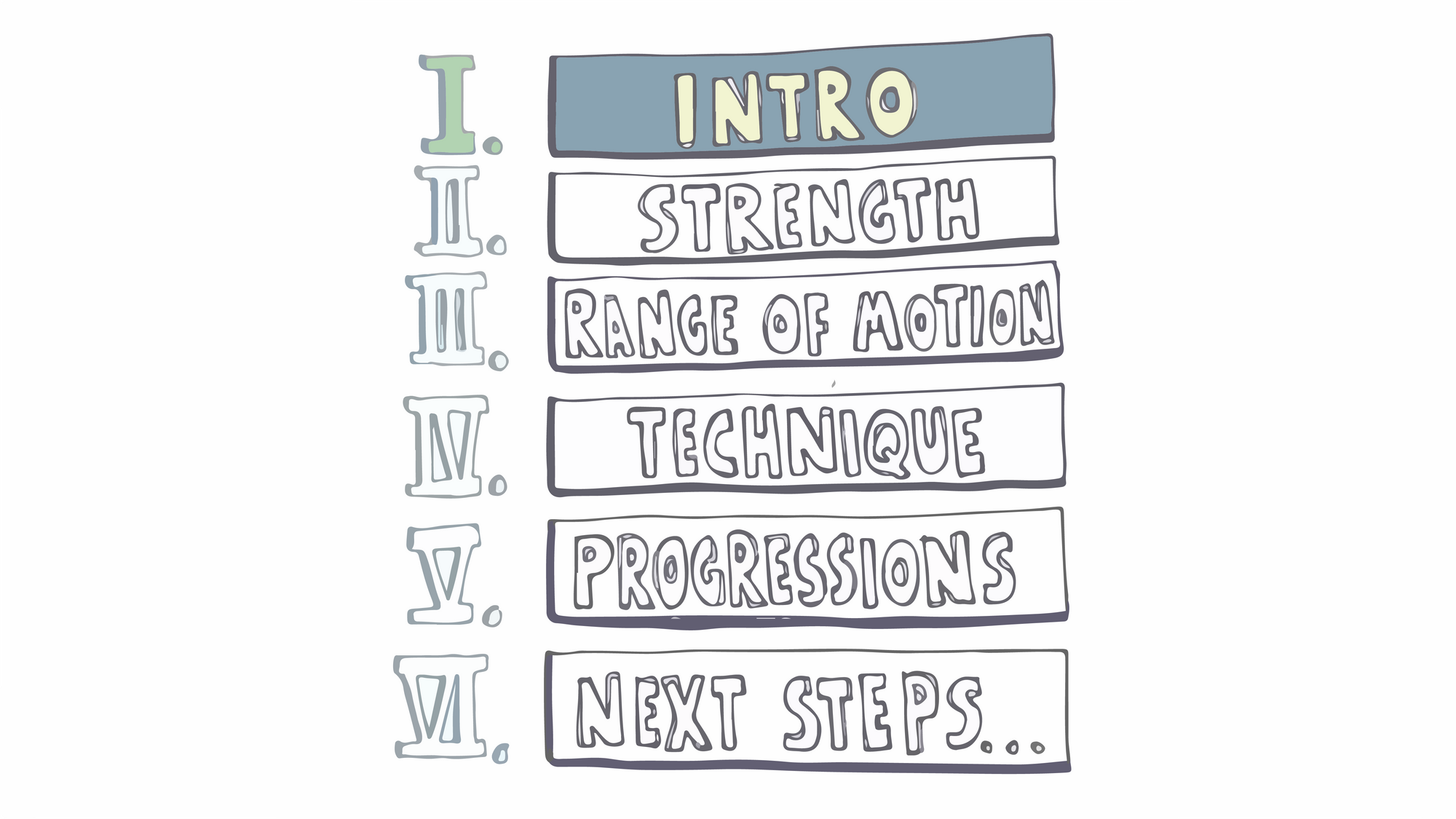
How to tl;dr:
With only your hands on the ground, balance your center of mass.
"Stack" the shoulders, torso and hips: Align the skeleton, upside-down. Make small balance adjustments through your hands and wrists. Engage the core and breathe.
First, on motivations
What draws you to handstands?
My first inspirations were watching the circus.

Jack LaLanne was a fitness inspiration.
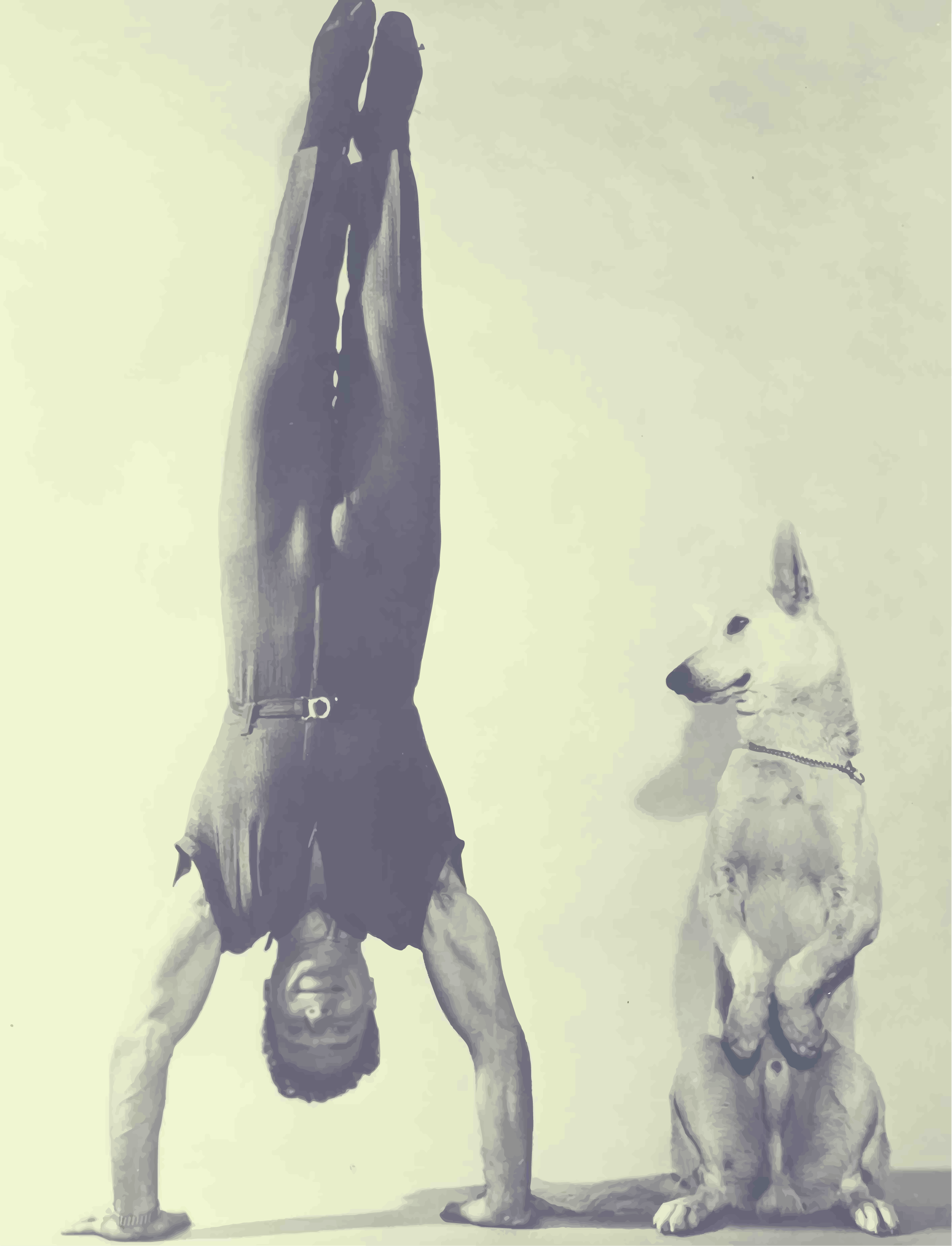
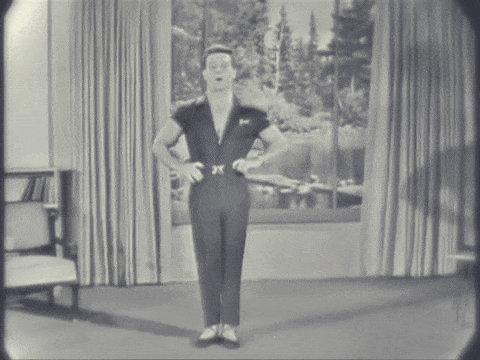

What draws you to handstands?
There's no right or wrong answer.
It's just good to reflect on the "why".
Objections
Right now, you may be thinking:
“No way... I can’t do this.”
My response:
- People balance on feet for many hours
- You need far less strength than you think
- Everyone starts somewhere
Handstands may not be possible for everyone.
Still, you're invited to try.
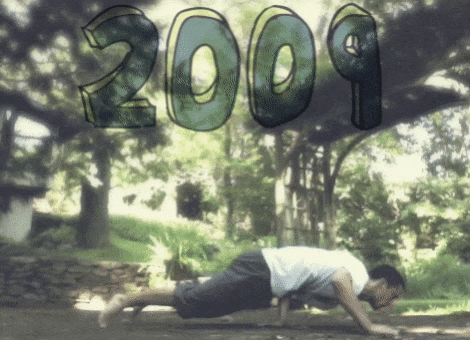
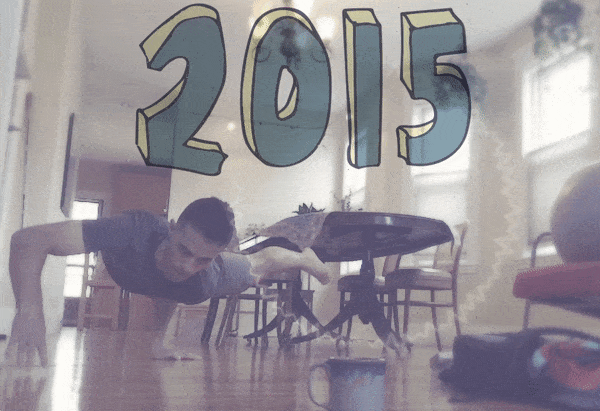
⚠️
Consult a doctor before starting any exercise program.
Disclaimers
I don't have proper "circus technique" (no one-arm / planche).
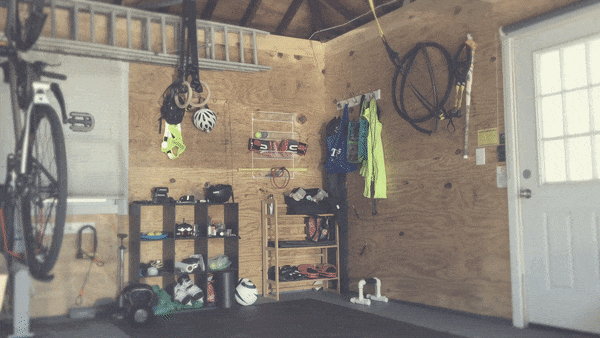
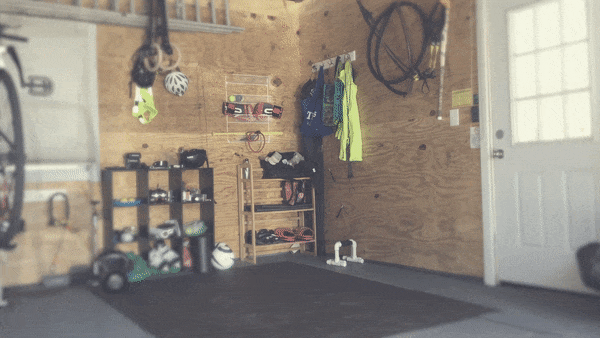
Adult learners face unique challenges :
- More fear of being upside-down
- You may need to (re)develop strength and range of motion as prerequisites
That said, I've seen tons of adults learn handstands. Wherever you're at, things can be learned.
The plan
First, build up a foundation:
- The strength to go upside down
- A healthy range of motion
- Efficient technique
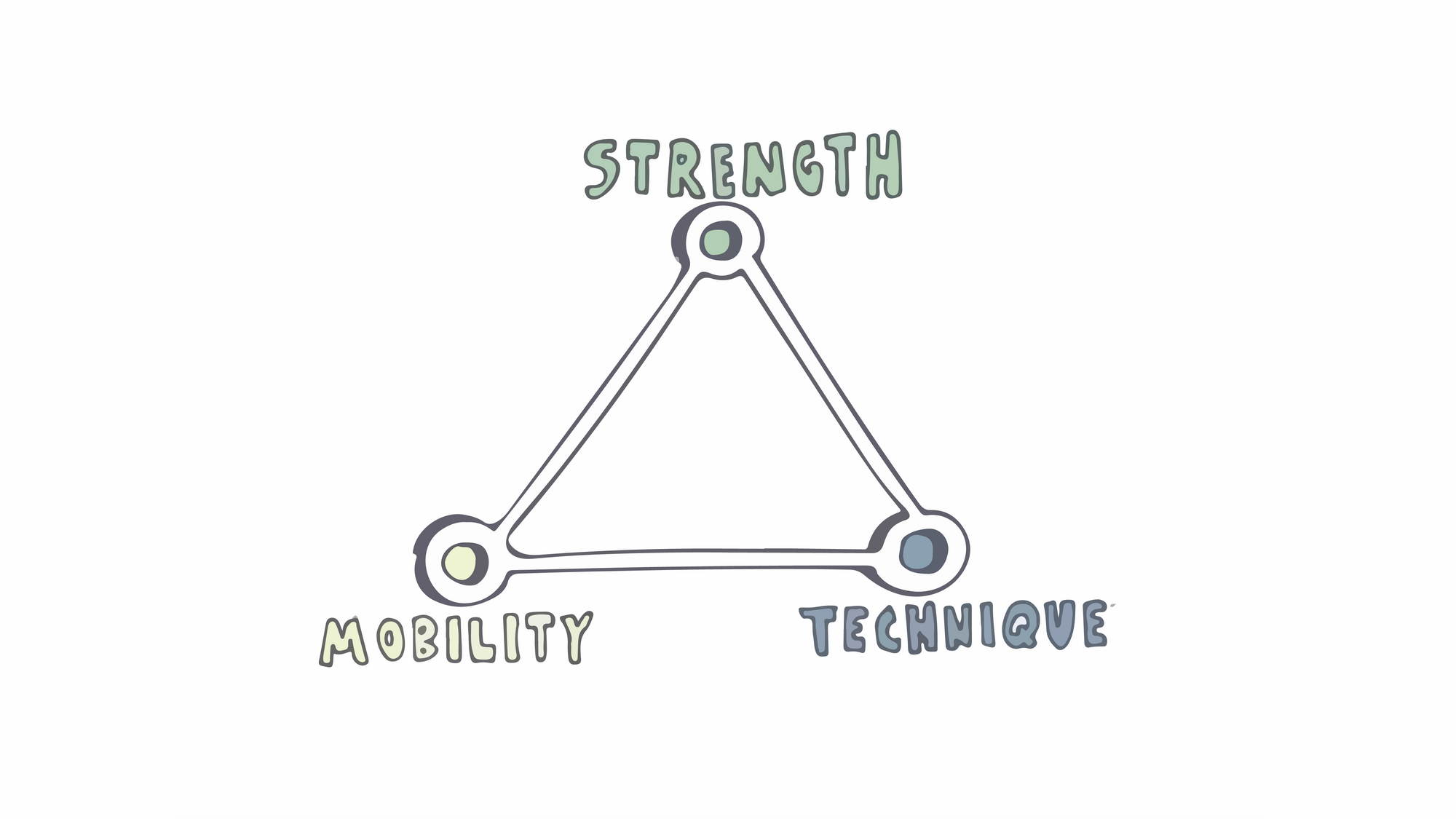
Then we’ll discuss strategy and progressions.
Tying things together with the right mindset and a realistic training plan.
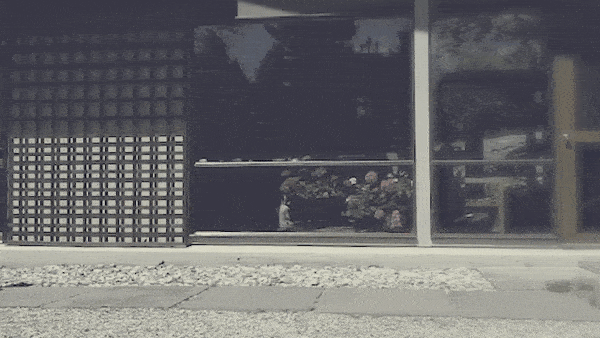
In my experience, people get discouraged when they:
- Train ineffectively
- Use dangerous practices
- Have unrealistic expectations
The trick to handstands?
Honestly, there is no secret trick ✨
Prepare the body, study best practices, train consistently, and follow the laws of physics.
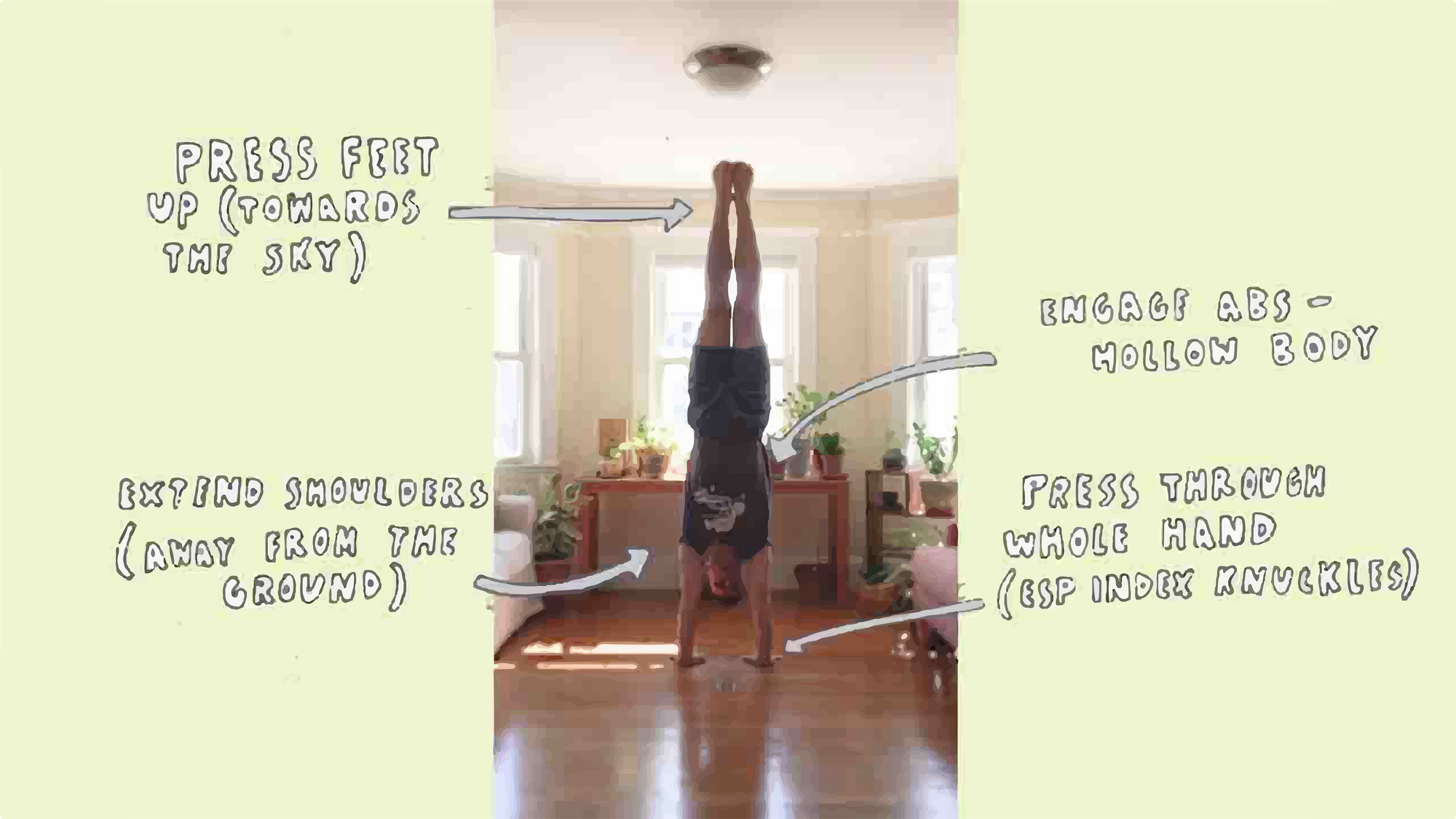
Beyond the technical aspects, remember your "why".
Intrinsic motivation will fuel your success, more than specific info or special tips.
For this series, I plan to share my own experiences, recruit some collaborators, and incorporate real-time feedback. I hope you'll join along for the ride.
Update:
Part II (strength) is out now!
